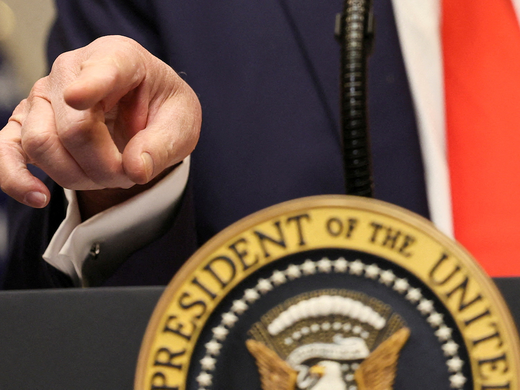South Korea is a developed country, known for the most active bilateral investment treaty (BIT) policy in the world. When it was still a developing country, South Korea complied with the requests of developed countries in negotiating BITs. The early model of South Korean BIT tended to promise investor-friendly terms in order to attract much-needed foreign investment. South Korean policy makers were generally amicable to the investor-state arbitration (ISA) system because they believed that ISA could function to increase more inbound capital flows.
As its economy grows, South Korea seems to be in a dual position in which it has become both an investment-importing and an investment-exporting state. During the late 1990s, South Korea launched an ambitious free trade agreement (FTA) road map to increase access to foreign markets and to attract more investment. At the same time, the South Korean government attempted to level up investment protection of new and existing BITs, including investment chapters in FTAs. Support for ISA in drafting BITs has thus become more apparent, as South Korea seeks to protect its overseas investors to the same extent to which it hopes to attract more foreign capital.
Recently, South Korea’s original support for the ISA system was challenged in the aftermath of strong public sentiment against the Korea-US Free Trade Agreement (KORUS-FTA). It is clear that the experience of the KORUS-FTA had considerable impact on a new model BIT, which was drafted so as to strike a balance between the legitimate regulatory power of the host state and investment protection. It remains to be seen whether the ISA system will be beneficial or risky under the post-KORUS FTA BITs.
New concerns about ISA and BITs have arisen in an unexpected way. Three investment claims against the South Korean government were raised based on old, liberalist BITs that were established before the KORUS-FTA. Global investors in those cases took advantage of loopholes in old BITs that favoured investors. Although public criticism of ISA has died down, the results of investment arbitrations against the South Korean government will be a litmus test for the public to reassess the costs and benefits of ISA. The South Korean government’s ISA policy will encounter renewed public opposition if the government fails to defend its actions in the pending arbitration cases.


